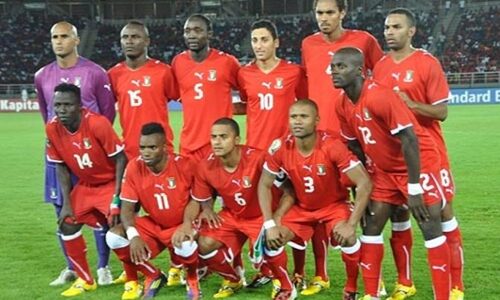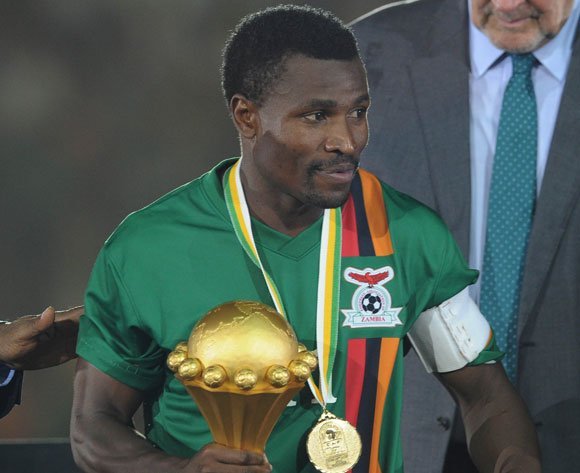Throughout footballing history and particularly in recent times, naturalized players have been impactful for the national teams of their adopted countries. Numerous South Americans, Africans, and Europeans have helped provide a boost to nations that struggle to find success. Even traditional powers such as Spain have used naturalized Brazilians like Marcos Senna and Diego Costa to maintain their dominance.
“If we don’t stop the fast naturalization of players in some countries, this will be a real danger… Out of 32 teams at the finals, we will still have other nationalities but there could be teams full of Brazilian players.” – FIFA president Sepp Blatter, 2007
While many of these players have a genuine attachment to their adopted countries, the system has been pushed to its limits by nations eager to compete. Qatar’s efforts to be competitive caused FIFA to intervene when they tried to sign Brazilian striker Ailton to a contract to represent Qatar. Ailton had no ties to Qatar and was a consistent scorer in the Bundesliga who couldn’t get a look with Brazil. FIFA held an emergency meeting to establish that a player must have a “clear connection” to the adopted country by fulfilling one of these requirements:
- He was born on the territory of the relevant association.
- His biological mother or biological father was born on the territory of the relevant association.
- His grandmother or grandfather was born on the territory of the relevant association.
- He has lived continuously for at least five years after reaching the age of 18 on the territory of the relevant association.

Ailton: The Brazilian striker Qatar tried to fast track into the national team in 2004.

Equatorial Guinea national team photo including Brazilian goalkeeper Danilo, who represented the country in the 2012 Africa Cup of Nations.
African football is no stranger to this issue. Brazilian manager Antonio Dumas helped naturalize five of his countrymen to suit up for Togo in their quest to qualify for the 2004 Africa Cup of Nations. Despite the new FIFA regulations, CAF failed to discipline the next African team Dumas managed, Equatorial Guinea. Brazilian goalkeeper Danilo was still starting for Equatorial Guinea when they co-hosted the Africa Cup of Nations in 2012. African football expert Mark Gleason accused examples like Equatorial Guinea as undermining the integrity of African football in a 2009 article. Since the international outcry and increasing protests, CAF has taken substantial steps to cut down on rules violations.
Qatar have continued to push the boundaries and are an example of a national team doing everything they can to bring in foreign talent to compete for them on the world stage. Now set to host the 2022 World Cup after winning the Asian Cup in 2019, it is inevitable that other nations will follow Qatar’s lead. China has been desperate to regularly compete in the World Cup, and is now finally starting to naturalize players after being resistant for a long time. Brazilians Elkeson and Aloisio, stars in the Chinese Super League, are guaranteed to be key contributors.

Naturalized Brazilian Elkeson has three goals in his first four appearnces for China.
The previously mentioned regulations of FIFA have curbed the abuses around naturalized players some, but not nearly enough. Qatar and China’s efforts are legal because their naturalized players have spent enough time in the country and obtained citizenship. However, it is different in every country when it comes to citizenship requirements, and certain countries shouldn’t gain an advantage because they can naturalize players easier and quicker than others.
Naturalized national team players should be given an opportunity to represent their adopted country if they meet the qualifications. However, because of the fact that naturalization processes differ depending on the country, boundaries will continue to be tested. FIFA needs to implement a rule on how many naturalized players can line up for a nation. A three player limit should be implemented for naturalized players that have no connection to the country other than residing there the required time. A limit like this will be a significant step towards maintaining the integrity of national team competition. Without limitations, tournaments like the World Cup will begin to resemble club competitions.




